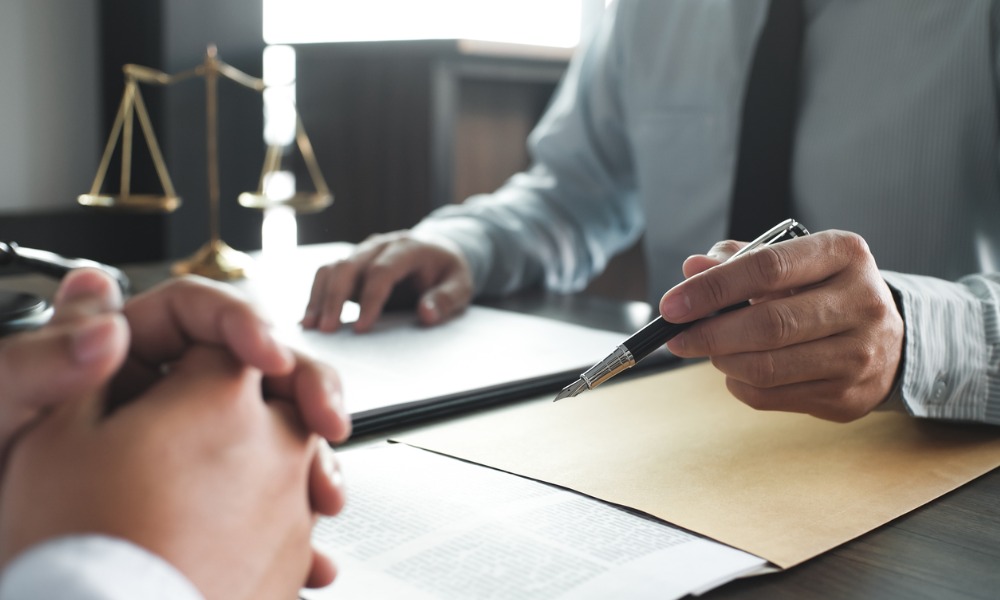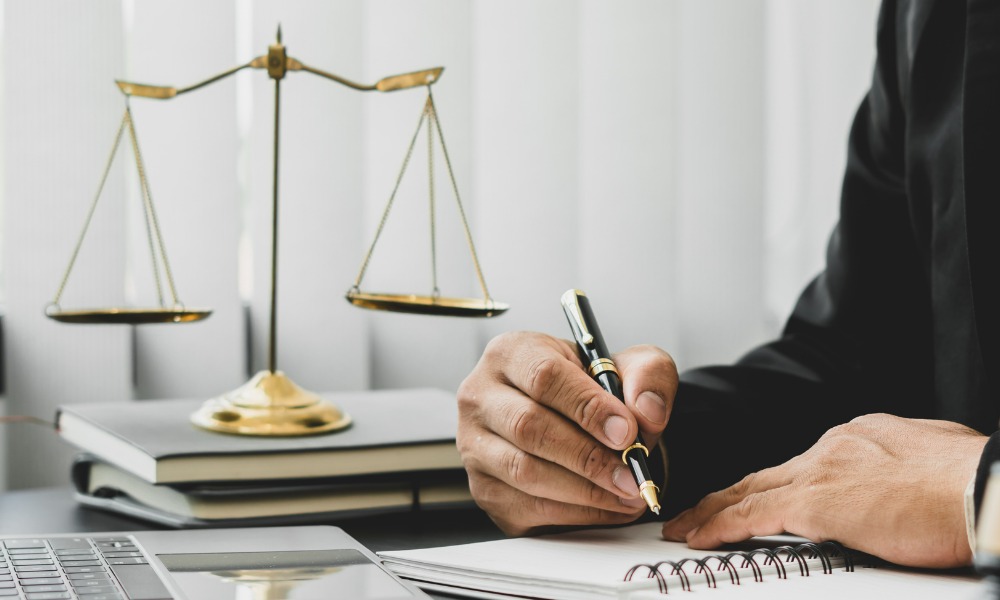Boating under the influence (BUI) charges in Marietta, Georgia, present unique legal challenges that differ significantly from standard DUI cases. While many people understand the seriousness of driving under the influence, fewer recognize that operating a boat while impaired carries equally severe consequences under Georgia law. If you find yourself facing BUI charges in Marietta, understanding the complexities of these cases and the importance of specialized legal representation can make a crucial difference in your case outcome.
What Constitutes BUI in Georgia
Georgia law treats boating under the influence with the same gravity as driving under the influence. Under Official Code of Georgia Annotated (O.C.G.A.) § 52-7-12, it is illegal to operate any moving vessel while under the influence of alcohol, drugs, or any combination of substances that impair your ability to operate the vessel safely.
The legal blood alcohol concentration (BAC) limit for boat operators mirrors that of motor vehicle operators at 0.08%. However, law enforcement can arrest you for BUI even if your BAC falls below this threshold if they determine your ability to operate the vessel is impaired to any degree by alcohol or drugs.
Unlike roadway DUI stops, BUI enforcement often occurs on Georgia’s numerous lakes and waterways, including Lake Allatoona and the Chattahoochee River, which are popular recreational areas near Marietta. The unique environment of waterway enforcement creates distinct legal considerations that require specialized knowledge from your legal counsel.
Unique Challenges of BUI Cases
BUI cases present several challenges that distinguish them from traditional DUI cases. First, the testing environment differs significantly. While roadside sobriety tests are standardized for land-based arrests, performing these tests on a moving boat or unsteady dock can affect their reliability and validity.
Additionally, environmental factors play a larger role in BUI cases. Sun exposure, dehydration, fatigue, and the natural motion of being on water can all mimic signs of intoxication. These factors, known as “boater’s fatigue,” can cause someone to appear impaired even when they haven’t consumed alcohol or drugs.
The enforcement procedures also differ. Marine patrol officers use different protocols than highway patrol officers, and the chain of custody for evidence collection may involve additional steps due to the waterway environment. Understanding these procedural differences is crucial for mounting an effective defense.
Legal Consequences and Penalties
The penalties for BUI in Georgia are substantial and can have lasting impacts on your life. First-time offenders face fines ranging from $300 to $1,000, potential jail time of up to one year, and mandatory completion of an alcohol and drug evaluation and treatment program if recommended.
Beyond immediate criminal penalties, a BUI conviction can affect your ability to operate watercraft in the future. Georgia maintains a point system for boating violations, and a BUI conviction can result in the suspension or revocation of your boating privileges.
Professional consequences may also arise, particularly if your career involves commercial boating, transportation, or positions requiring security clearances. Many employers conduct background checks, and a BUI conviction becomes part of your permanent criminal record.
The Importance of Specialized Legal Representation
When facing BUI charges in Marietta, working with a BUI lawyer who understands the specific nuances of these cases is essential. Maritime law intersects with criminal law in complex ways, and not all criminal defense attorneys have experience with the unique aspects of BUI defense.
A qualified BUI lawyer in Marietta will examine several critical aspects of your case. They will review the circumstances of your stop to ensure law enforcement had proper jurisdiction and followed correct procedures for waterway enforcement. They will also analyze the reliability of any field sobriety tests performed on an unstable surface and examine the calibration and maintenance records of any breath or blood testing equipment used.
Additionally, experienced BUI attorneys understand how environmental factors like sun, wind, and wave action can affect the accuracy of sobriety tests and witness observations. They can identify expert witnesses who can testify about these factors and their impact on the reliability of the evidence against you.
Building an Effective Defense Strategy
Effective BUI defense often involves challenging multiple aspects of the prosecution’s case. Your attorney may examine whether the initial stop was legally justified, whether the arresting officer had proper training in BUI detection and enforcement, and whether all evidence was collected and maintained according to proper protocols.
Medical conditions, prescription medications, and environmental factors can all provide legitimate explanations for observations that officers interpreted as signs of impairment. A thorough investigation of your case may reveal alternative explanations for the evidence the prosecution intends to present.
Key Takeaways
BUI charges in Marietta require serious attention and specialized legal expertise. The unique environment of waterway enforcement, combined with the severe penalties associated with conviction, makes professional legal representation crucial. Understanding the differences between BUI and DUI cases, recognizing the various factors that can affect the reliability of evidence, and working with an experienced BUI lawyer can significantly impact the outcome of your case.
The complexity of maritime enforcement procedures, combined with the potential for environmental factors to affect the accuracy of sobriety testing, creates numerous opportunities for effective legal defense. However, these opportunities require the expertise of an attorney who understands both the criminal law aspects and the unique challenges presented by waterway enforcement in Georgia.





